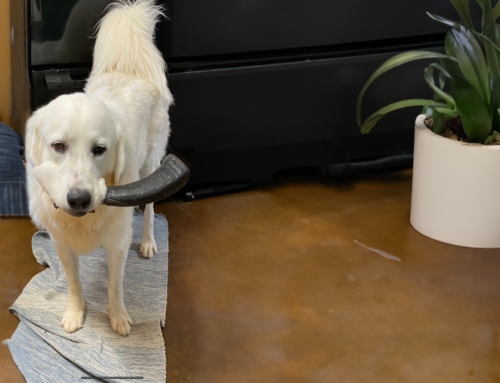Gratitude has become a fundamental staple in self-care. Why? Because gratitude pulls into focus the good and minimizes the bad. It’s really that simple.
In a world where we get so caught up in the hustle and bustle of everyday life, it is easy to forget to take a moment to stop, breathe, and check-in with ourselves about what is going well.
Why is it Important to Practice Gratitude?
When we practice gratitude, we fight our fear (something Brene Brown discusses in her work on shame and joy which you can find here) and we foster a stronger relationship to positivity. Gratitude helps combat all those pesky thoughts about what is going wrong, where we are falling short, and how we wish were somewhere or someone else.
There are also many physical and mental benefits to practicing gratitude. Some of them include:
- Lowered stress
- Strengthened immune systems
- Stronger relationships
- Better sleep
- Lower rates of depression
Makes you think: I’m grateful for gratitude!
How to do Gratitude Practice
1. Journal

Writing down various things you are grateful for is a great practice to get into. It can also act as a space to look back at when things are particularly challenging to remind yourself of all the good things you have had and have experienced. When you journal for gratitude, you want to be specific. If you feel grateful for your family, what was a particular event that inspired or inspires a feeling of gratitude?
2. Gratitude Jar

In this article on gratitude, they mention a gratitude jar and it’s a great idea. The concept is pretty simple: when you experience a specific moment of gratitude, write it down on a piece of paper and put it in the jar. In their example, they collected these moments of gratitude for a year and opened the jar on New Year’s. You can imagine the overwhelming joy that the slips of paper brought up while recalling moments of embodied gratitude that had happened over the year.
3. Be Mindful of Complaining

When gratitude is present, complaining is absent. While it’s easy to fall into the pattern of pointing out what is going wrong, in order to be present and joyful, we have to pay attention to this pattern and correct it. Challenge yourself to take note of the complaints you share with others or think to yourself. Once you’ve started recognizing your tendency to complain, challenge yourself to go stretches of times where you don’t complain at all. You might be surprised at how much better you feel when you don’t complain.
4. Be Present

While journaling is an important, consistent part of self-care, being present with gratitude is important too. As you are going about your daily life, take a moment to look around you and notice all the positive things. Maybe it’s the fresh coffee your coworker just poured for you or a kid laughing at the silly faces their parents are making that you see as you pass by. Take note. Be present. Recognizing these acts and moments allows you to think present, grateful thoughts that make you feel gooey inside and connect you to others. So make sure to pause throughout your day and notice what is happening around you that you feel grateful to witness or be a part of.
5. Remember Hard Times

Recalling challenging events can actually increase your feelings of gratitude for the present moment. Looking back to see how far we have come reminds us of our resilience, strength, and ability to grow and change. Also, don’t let the good that is currently happening in your life go unnoticed. Be thankful for what you have and how you feel. If life isn’t going so well, it’s important to practice gratitude for what you do have, but comparison may not be the best way to go. Take note of what is going well and look forward to what other things the future will bring you to be grateful for.
6. Share Your Gratitude

The biggest secret to practicing gratitude is to share it with others – social gratitude is the best and most profound form of gratitude! When we feel grateful for something someone else has done and we share it with them, it impacts their wellbeing too. So write a thank you letter, give someone you care a call, or even take the time to discuss it around the dinner table. While it’s great to practice gratitude in general, when you practice gratitude specifically about others, the benefits of gratitude increase.
Now that you know the whys and how of gratitude, start practicing. Get out there and give thanks!
If you already practice gratitude, what are your favorite practices?





